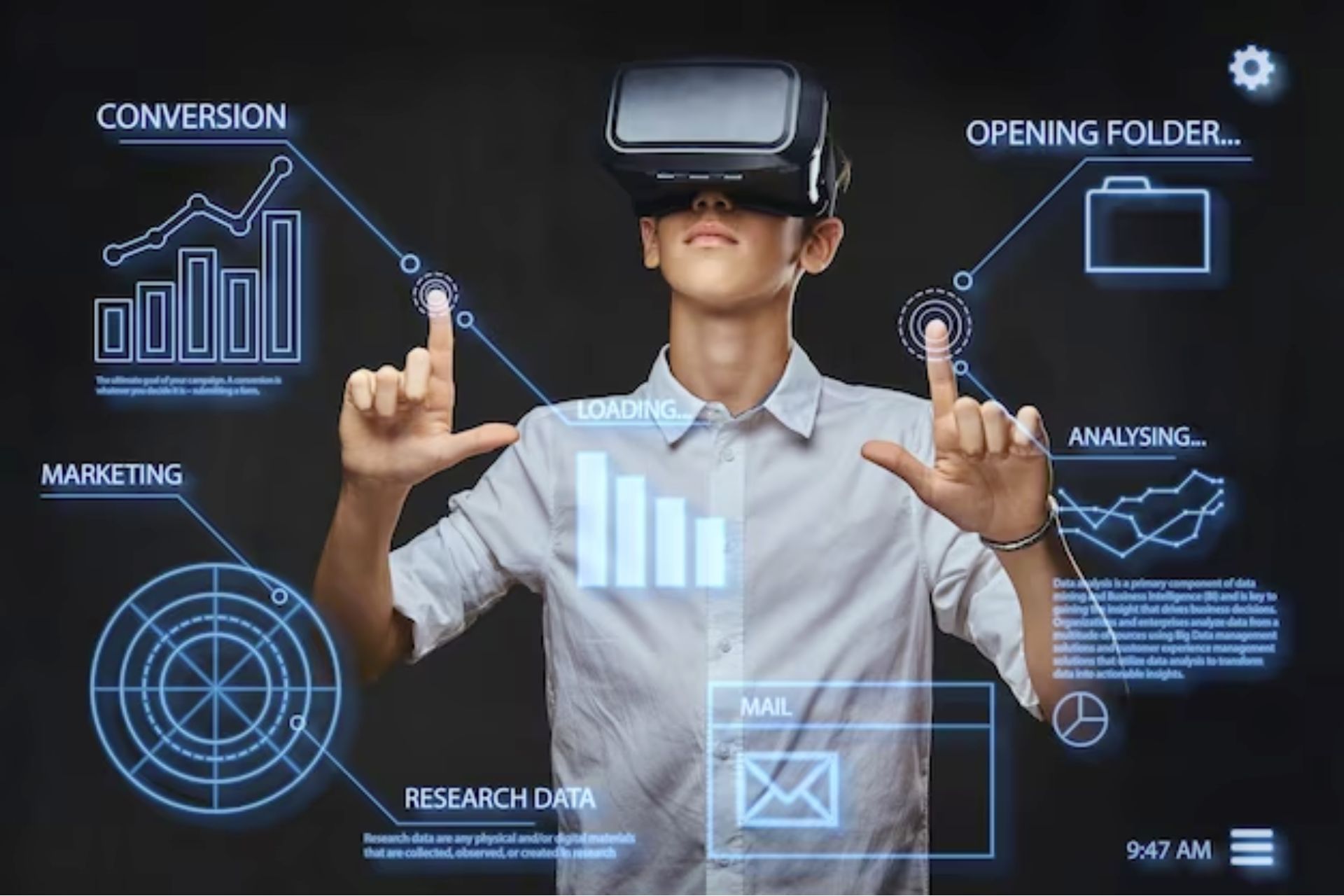When it comes to creating the metaverse, do you want to learn about the obstacles and solutions? Within a relatively short period, the metaverse has demonstrated that it is a major cannon in every business. However, there are many obstacles to overcome, and I believe this post is the ideal solution to all of them. You will learn about every difficulty the metaverse presents and the ideal answers.
Over the course of the past few years, the idea of the metaverse has grown from being a science fiction concept to becoming a feasible reality. The metaverse could be thought of as the next frontier of the internet because it is a digital realm in which users can connect with one another, socialize, and create. Nevertheless, just like the development of any other ground-breaking technology, it faces challenges along the way.
The world of gaming and gambling is also adopting the metaverse, and there are a variety of online platforms where you can play a wide variety of the best metaverse games. As the need for platforms of this kind continues to rise, they have developed into lucrative business opportunities, and if you want to capitalize on this chance, you can launch your own platform. Choose a metaverse app development business capable of bringing your idea to life to accomplish this.
Take a deep dive to learn about the difficulties that creators of the metaverse confront, and then investigate the possible solutions to these problems.
Top Challenges Metaverse and Solutions of Metaverse Development
To assist you in overcoming all of your uncertainties and developing a successful metaverse game, we have collected a list of the most significant problems associated with metaverse development. Let’s get start on learning about every single facet of the development of the metaverse.
1. Interoperability and Standards
In the process of developing the metaverse, interoperability is one of the most significant problems. The goal of the metaverse is to seamlessly integrate a number of virtual worlds that were each create by a different team of programmers. One of the obstacles that prevents the development of a unified metaverse is the lack of uniform standards. In order to address this issue, developers need to work together and build protocols that can facilitate effective communication between various platforms. It is possible to encourage interoperability by creating open standards, which will ensure that assets, identities, and experiences can move around smoothly across different metaverse environments.
2. Scalability and Performance
It is a massive challenge to develop a metaverse capable of supporting millions of users simultaneously without sacrificing performance. There is a significant challenge for traditional computing infrastructure to support such a size. Solutions based on the cloud and decentralized technology, such as blockchain development, are examples of prospective solutions. Utilizing decentralized networks can improve scalability and offer a more secure environment, lowering the possibility of catastrophic failures occurring at a central location.
3. Digital Identity and Privacy
Having a digital identity is extremely important in the metaverse. Users require a method that is both safe and confidential in order to represent themselves in the digital world. Striking a balance between this and concerns about privacy presents a big problem. Blockchain technology, which places a focus on decentralization and cryptographic security, can be utilized to generate digital identities that are private, verifiable, and safe. A balance between privacy and security can be achieved through smart contracts, which allow users to regulate the extent to which their identities are revealed.
4. Content Moderation and Safety
The importance of preserving a secure atmosphere within the metaverse cannot be overstated. Considering that user-generated material is at the heart of the platform. It can be difficult to guarantee that the content is suitable and does not exploit users. It is possible to use sophisticated AI algorithms for the purpose of content moderation. To identify improper information, machine learning models can do real-time analysis of text, photos, and videos. Furthermore, community-driven moderation, in which users report and regulate content, can be a beneficial supplement to the efforts directed toward artificial intelligence.
5. Economic and Legal Frameworks
The metaverse has introduced a new economic paradigm. Strong legal and economic frameworks are required to oversee virtual assets, currencies, and economies to ensure proper functioning. For the purpose of establishing regulations that govern virtual transactions, intellectual property rights, and taxation. Developers need to collaborate with legal professionals and economists. Transactions can be automate with the use of blockchain technology and smart contracts. Which guarantees authenticity and legality in the realm of virtual economic activity.
6. User Experience and Accessibility
There is a problem involved in creating a user-friendly metaverse that is accessible to all individuals, regardless of their physical capabilities or level of technical ability. The user interfaces should be easy to understand, and the experiences provided should be vivid without being overpowering. To ensure that users with disabilities are able to engage to their full potential, developers need to make accessibility a top priority. Accessibility can be improve with the use of assistive technologies such as voice commands, haptic feedback, and others, which will allow the metaverse to be accessible to all users.
7. Security and Trust
The importance of trust and safety cannot be overstated as the metaverse continues to develop. Into a center for social interaction and economic operations. Threats to cybersecurity include hacking and phishing assaults, both of which have the potential to compromise user data and assets. The strengthening of the metaverse’s defenses can be accomplish by using strong encryption methods. Multi-factor authentication, and consistently updating security standards. In addition, increasing user confidence can be accomplish by cultivating a culture of trust through open and honest communication. Equitable procedures exist in the realm of virtual economics.
In conclusion,
In the digital age, the metaverse has the potential to transform the world completely. In which we connect with one another, interact with one another, and conduct business. On the other hand, in order for developers to fulfill this promise. They will need to navigate a complicated landscape of hurdles. It is possible to triumph over these problems by adopting a user-centric strategy. Embracing collaborative efforts, and utilizing cutting-edge technology such as blockchain. Metaverse has become a wonderful chance for investors and entrepreneurs, and you may also come up with your own plan and bring it to reality by employing a metaverse development service provider. In any case, the metaverse has become a golden opportunity. We have high hopes that this article will assist you in gaining an understanding of the most significant issues and solutions associated. With the production of metaverse games.




